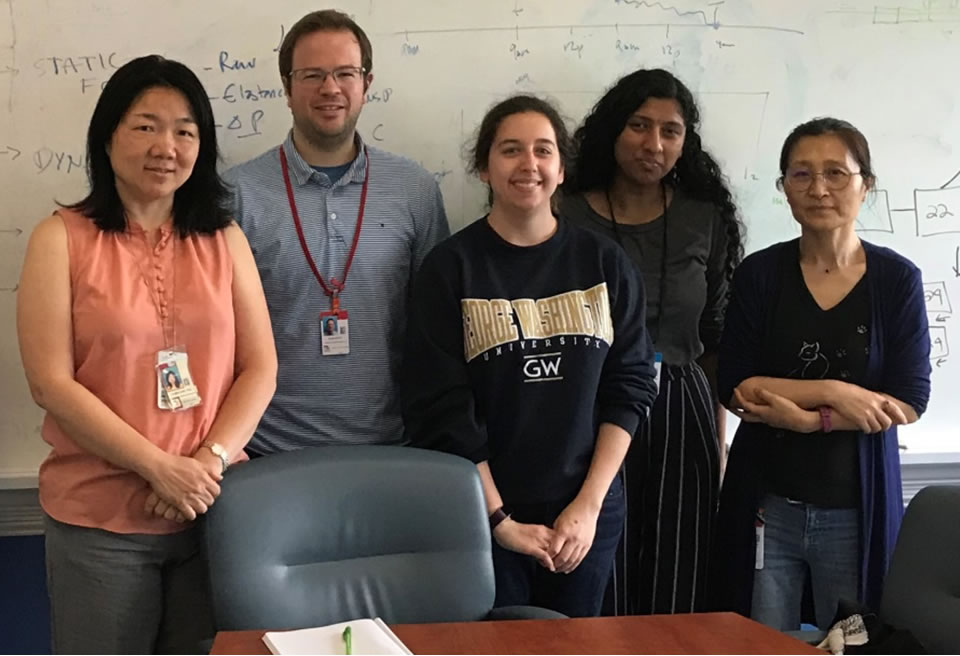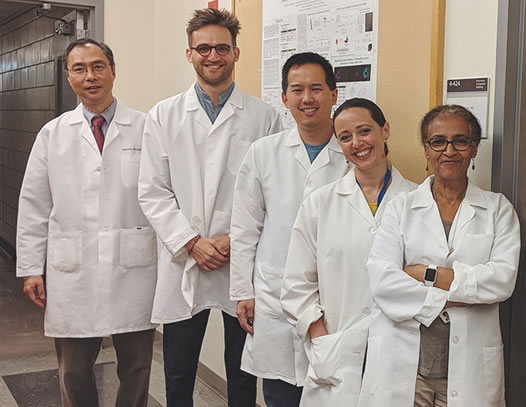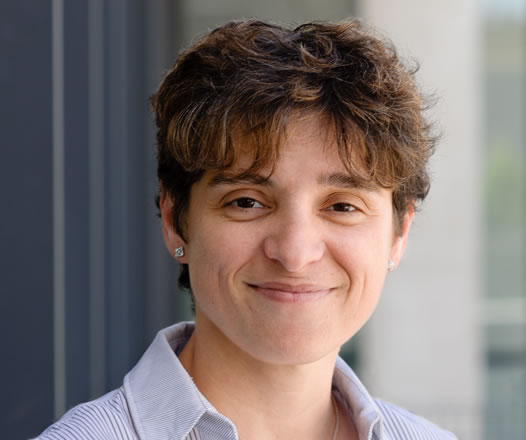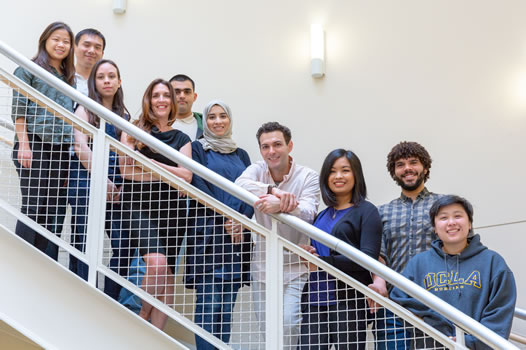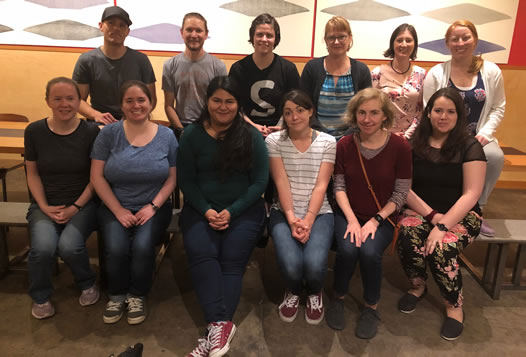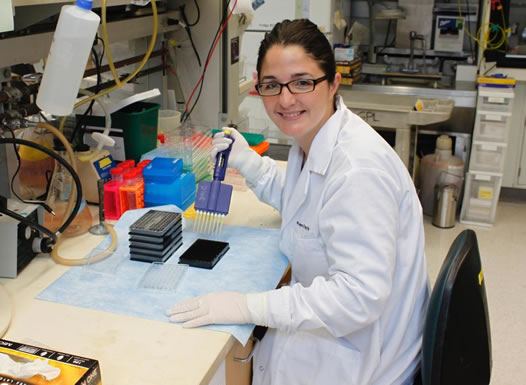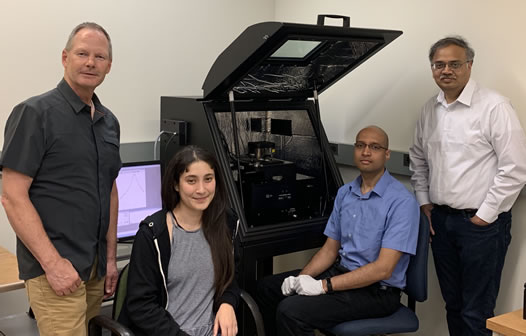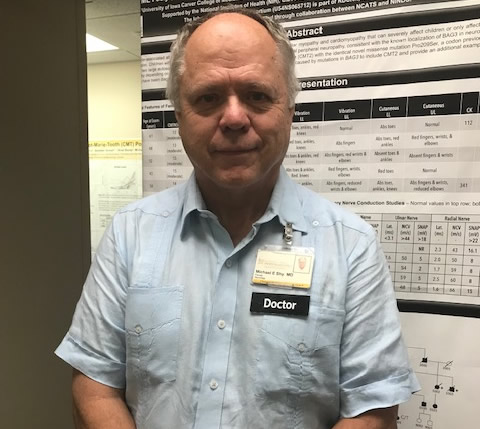
"Rational clinical trials in CMT with outcome measures that can measure effectiveness are in place and will hopefully lead to effective treatments within the next three to five years for many subtypes."
Michael Shy, PhD, professor of Neurology and Pediatrics at the University of Iowa, was awarded an MDA Clinical Research Network Grant (CRNG) totaling $423,413 over three years to further develop the Inherited Neuropathies Consortium (INC), a network of clinical investigators dedicated to evaluating therapies for patients with inherited peripheral neuropathies, collectively known as Charcot-Marie-Tooth disease (CMT).
In CMT peripheral nerves degenerate, typically resulting in muscle weakness and sensory loss in the hands, arms, feet, and legs. The disease is progressive; however, the severity of symptoms and rate of progression depend on the type of CMT.
Dr. Shy has a long history of MDA funding, including receiving awards to create the North American CMT Network and to establish the North American CMT Consortium. His last grant was awarded for the Inherited Neuropathies Consortium (INC), an international collection of centers devoted to developing treatments for and treating patients with CMT.
With this most recent funding, Dr. Shy will expand the INC’s natural history data to become “clinical-trial-ready” for common and rare forms of CMT; identify, characterize, and facilitate treatments for novel forms of CMT; train future investigators in the field; and share INC data with scientists, physicians, and patients in an easily accessible manner.
Grantee: CMT – Michael Shy, PhD
Grant type: Clinical Research Network Grant
Award total:
Institution:
Country:












